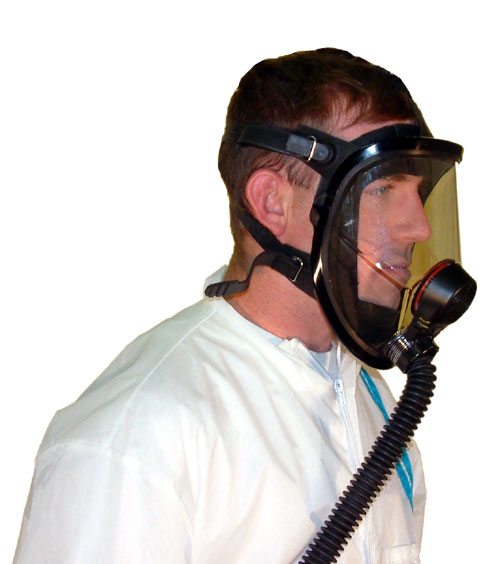Melanoma is a type of skin Cancer that is serious. Melanoma develops in Melanocytes that produce melanin which is the pigment of our skin. Melanoma can be cured if detected in early stages. The untreated Melanoma can spread in aggressive ways at an unpredictable rate.
Melanoma as a public health issue
As per the statistics, Melanoma is identified at an early stage and treated with surgical excision has a higher survival rate over 95% -5 years. The 20% of the patients who end up developing metastatic disease have a poor prognosis. The medicines used in the metastatic disease treatment have restrained performance. Such medicines are partly to blame for the poor prognosis. Melanoma is one of the lethal diseases with high mortality rate.
The malignant Melanoma is treated based on various factors and stages of the Cancer which possibly include:
- Surgery- theCancerous growth is removed surgically.
- Targeted therapy- targeted therapy aims at developing drugs to combat the gene change that differentiates Melanoma cells from the rest.
- Chemotherapy- Chemotherapy treatment involves attacking Cancer cells through drugs.
- Radiotherapy– high-energy rays are used to destroy Cancerous cells.
- Immunotherapy–Immunotherapy uses the immune system of patient’s body to attack Cancer cells through medicines.
The effects of Immunotherapy in Melanoma
Our efficient immune system is able to restrain itself from fighting our body cells.
- “Checkpoint” molecules on the immune cells are used by our immune system to determine the immune response. The Cancer cells program the checkpoints to protect themselves from immune attacks.
- Studies have shown that the PD-1 inhibitors target PD-1 a protein which is present on immune cells called T cells that restrain cells against attacking other body cells. PD-1 inhibitors regulate the immune response against Cancer
- CTLA-4 inhibitors target CTLA-4 protein that is present on T cells.
PD-1 and CTLA-4 inhibitors are given to Melanoma patients through intravenous infusions. Patients with advanced stages of Melanoma skin cancer are treated with PD-1 and CTLA-4 inhibitors. The ongoing studies on the PD-1 and CTLA-4 inhibitors have shown positive results in reducing Cancerous growth.
- Advanced stage Melanoma is treated with proteins called Cytokines. Cytokines have positive effects on the immune system. The other man-made versions of Cytokines called as Interferon-Alfa and IL-2 are also used to treat advance stages of Cancer. Studies have shown that these proteins can shrink the Cancerous growth.
- BCG vaccines stimulate the immune system and act like cytokines.
- Imiquimod cream is applied topically on the Cancerous growth. It is said to stimulate the local immune response.
Conclusion
Immunotherapy has the potential to be the most efficient treatment for Melanoma. However, the interaction between Cancer cells and the immune system is very unpredictable in nature. Immunotherapy can have positive effects on the immune system, but it can also trigger severe autoimmunity. The interaction between Cancer cells and immunity booster drugs are still under evaluation. Hence, it is safe to say that in spite of the shortfalls, Immunotherapy offers new hope to Melanoma.
References:
https://www.consumerhealthdigest.com/skin-care/skin-care-tips-to-look-and-feel-good-during-chemotherapy.html
http://www.broowaha.com/articles/23607/can-orange-juice-grapefruit-raise-your-melanoma-risk






